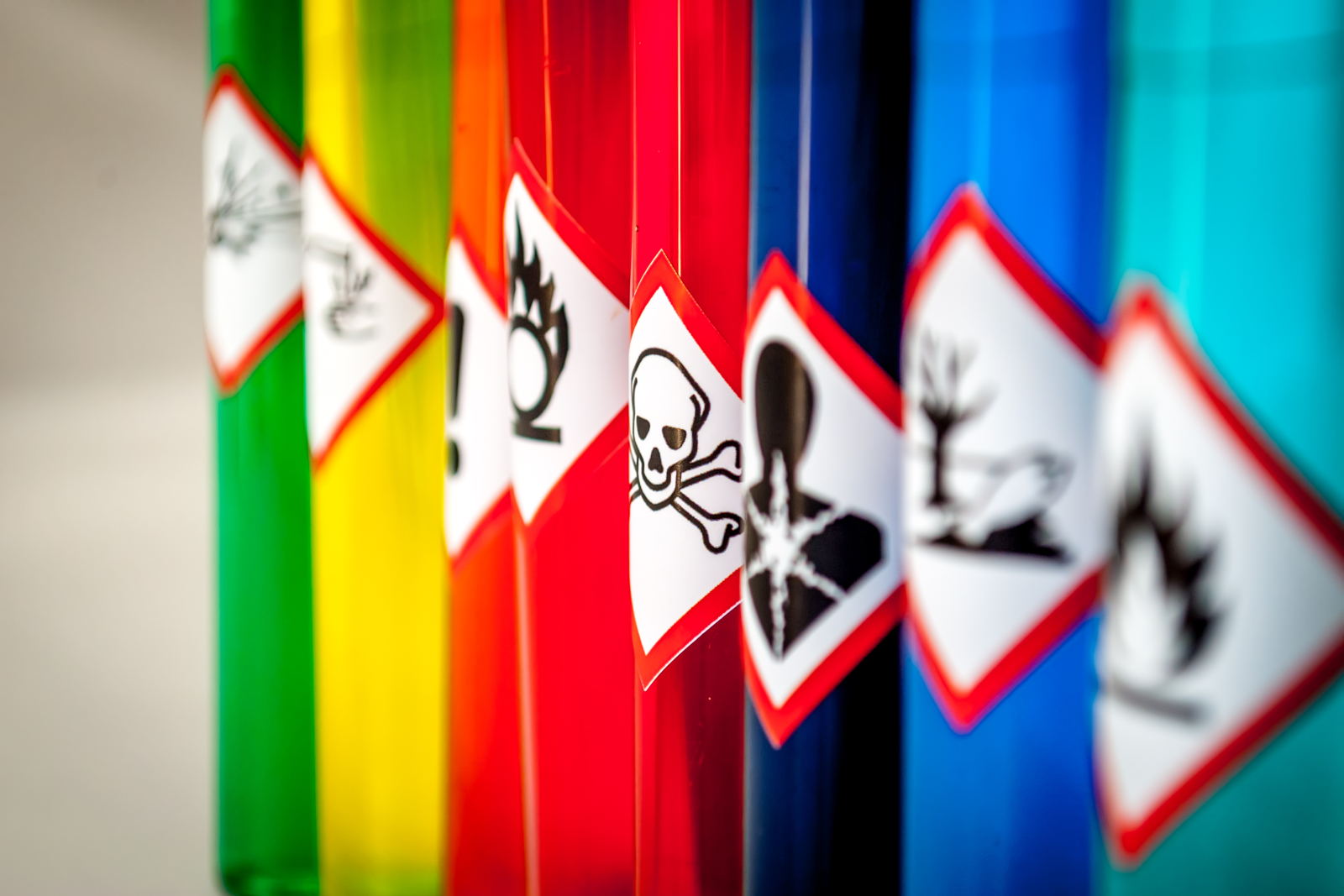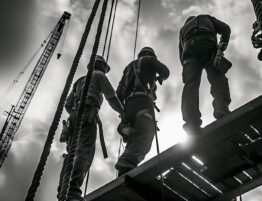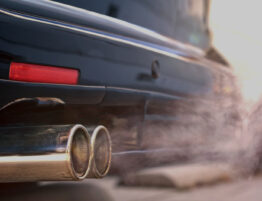
Anyone involved in the roofing business will know that the job simply could not be done without frequently coming into contact with and using a range of products that are regulated by the Control of Substances Hazardous to Health (COSSH) Assessment.
Whilst these are substances which can cause serious injuries and other health problems, the good news is that most dangers can be avoided, provided workers are well-trained and follow the correct careful handling procedures. However, accidents do occur in the industry, so it’s really important that roofers also know what to do in the event of a problem, especially how to administer the correct First Aid procedures. Due to all the different chemicals involved, this is an area which definitely does not have a ‘one-size-fits-all’ answer so it’s crucial that people are aware of the right approach for each specific substance.
For Sheriff Construction workers, full information about these type of products can always be found in the on-site file but here’s a reminder of the appropriate First Aid measures required in relation to some of the commonly used COSSH substances:
Propane/LPG
Used as a fuel in the heating of equipment, propane/LPG is highly flammable and carried in specific cylinders which are subject to strict safety regulations. Alongside there being a possibility for the containers to explode, the main risks to human health are through inhalation, respiration and skin contact.
FIRST AID:
- For contact with eyes, flush the eyes with plenty of water for at least 15 minutes and seek medical attention.
- For skin contact, with frostbite or freezing conditions, flush with WARM (not hot) water and seek medical attention.
- For inhalation, remove the person affected to an uncontaminated area and seek immediate medical attention.
Permatec Ecowrap and Antiroot
Permatec is used within hot melt waterproofing systems and, at ambient temperatures, presents no acute health hazard. However, if it is used in an enclosed environment, vapours may be released and inhaled. Also, when it’s heated to 200°C, any contact with water can result in violent splashing and boil-over.
FIRST AID:
- For skin contact, cool the area and do not peel the substance from the skin. Seek medical advice.
- For eye contact, cool the area with clean water and seek medical advice. Do not try to remove the material.
- For ingestion, cool the mouth with clean water, do not induce vomiting and seek medical advice.
- For vapour inhalation, take the worker into a well ventilated area.
IKO Primer
This is a black liquid mixture of aliphatic hydrocarbons and bitumen. It’s a flammable liquid and vapour which can cause respiratory irritation, drowsiness, dizziness and nausea.
FIRST AID:
- For skin contact, rinse the area with warm soapy water. Generally this product does not cause persistence irritation but in the event of that happening, seek medical advice.
- In case of eye contact, rinse the eyes with clean running water for several minutes and seek medical advice.
- For ingestion, do not induce vomiting, ensure the person affected rests and seek medical advice.
- For inhalation, remove the worker to an area where there is plenty of fresh air area so they can recover. If nausea or any respiratory problem persists, seek medical advice.
Acetone
Used in the cleaning of fibreglass surfaces, Acetone is a colourless liquid whose most hazardous property is its extreme flammability.
FIRST AID:
- For eye contact, wash the eyes with clean water for several minutes and, should any irritation persist, seek medical advice.
- For skin contact, wash the affected area with soapy water.
Catalyst
This liquid product is used in the preparation of fibreglass (GRP) roofing. It is particularly dangerous due to its corrosive and toxic properties, meaning every care should be taken to avoid contact with the skin, mouth or eyes.
FIRST AID:
- For skin contact, wash off immediately under running water and seek medical advice.
- For eye contact, immediately flush them under running water for at least 15 minutes and seek medical assistance.
- For ingestion, rinse the mouth, give the person affected plenty of water to drink, do not induce vomiting and be sure to seek medical advice.
These are not the only COSSH products used by roofers but they are among the most commonly used. For more information on these and all other substances, the RAMS in the site folder should be consulted. Wherever possible, First Aid and any other medical support should be provided in a designated area at the site office.
Keep up-to-date with First Aid measures to remain safe from hazards and injury.
25.05.2021
Feature image: Antoine2K /Shutterstock.com








